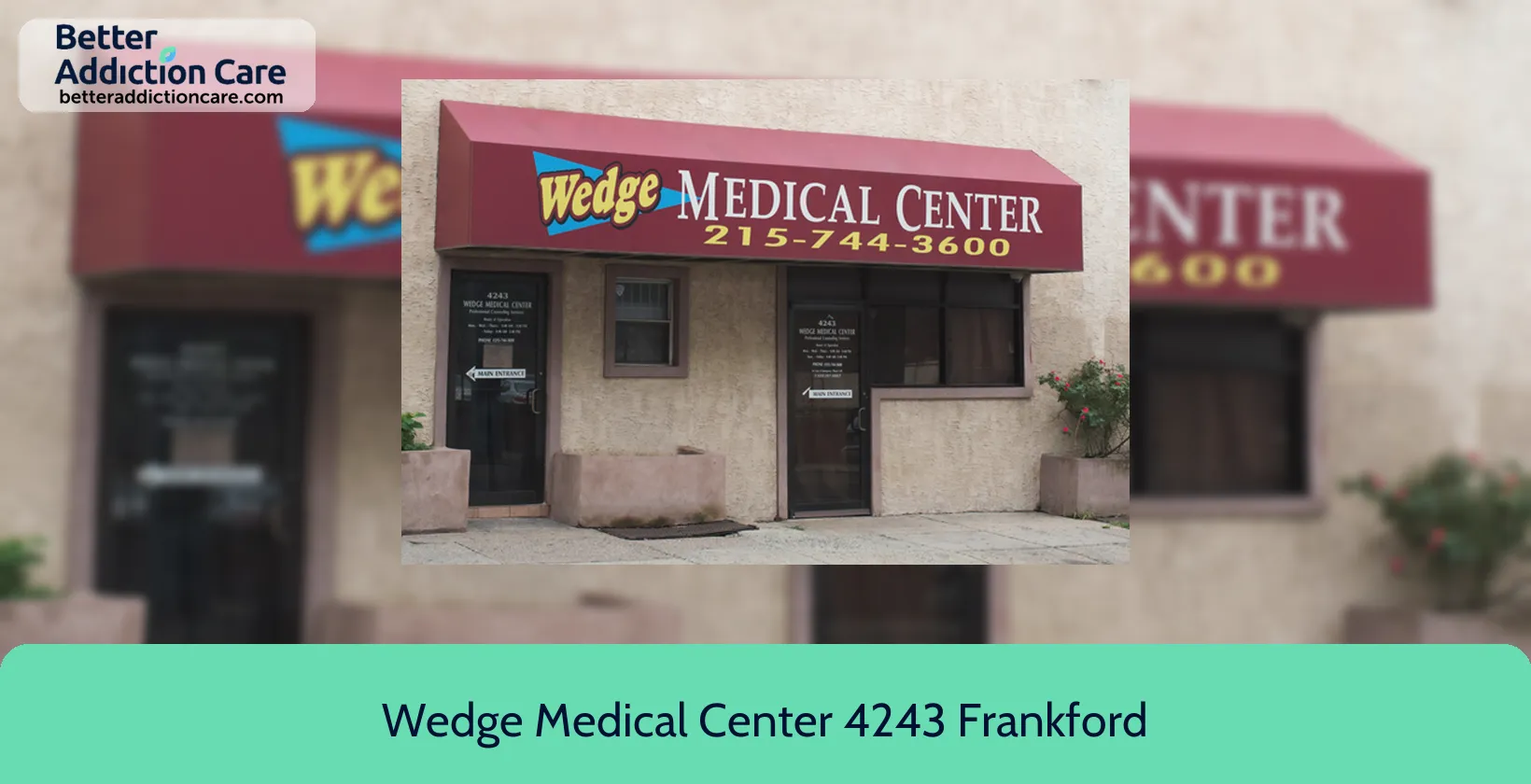Wedge Medical Center 4243 Frankford Avenue
Overview
Wedge Medical Center 4243 Frankford Avenue is an accredited substance abuse treatment center that provides outpatient treatment for men from 18+ years of age. As part of their special programs, Wedge Medical Center 4243 Frankford Avenue treats clients with co-occurring mental and substance use disorders, criminal justice (other than dui/dwi)/forensic clients, and clients who have experienced trauma. To help patients achieve sobriety, Wedge Medical Center 4243 Frankford Avenue provides intake assessments. Afterward, patients receive cognitive behavioral therapy, telemedicine/telehealth therapy, and substance use disorder counseling during treatment. Wedge Medical Center 4243 Frankford Avenue is located in Philadelphia, Pennsylvania, providing treatment for people in Philadelphia County, accepting cash or self-payment, medicaid, and medicare.
Wedge Medical Center 4243 Frankford Avenue at a Glance
Payment Options
- Cash or self-payment
- Medicaid
- Medicare
Assessments
- Screening for tobacco use
- Comprehensive mental health assessment
- Comprehensive substance use assessment
- Outreach to persons in the community
- Screening for mental disorders
Age Groups
- Young adults
- Adults
Ancillary Services
- Case management service
- Mental health services
- Transportation assistance
Highlights About Wedge Medical Center 4243 Frankford Avenue
7.33/10
With an overall rating of 7.33/10, this facility has following balanced range of services. Alcohol Rehabilitation: 8.00/10, Drug Rehab and Detox: 7.85/10, Insurance and Payments: 6.00/10, Treatment Options: 7.46/10.-
Alcohol Rehabilitation 8.00
-
Drug Rehab and Detox 7.85
-
Treatment Options 7.46
-
Insurance and Payments 6.00
Accreditations
SAMHSA certification for opioid treatment program (OTP):
SAMHSA's Opioid Treatment Programs (OTP) accreditation is a prestigious recognition that signifies a program's compliance with stringent standards and guidelines established by the Substance Abuse and Mental Health Services Administration (SAMHSA). This accreditation demonstrates an OTP's commitment to providing high-quality, evidence-based care for individuals struggling with opioid use disorder (OUD). It serves as a trusted symbol of accountability and excellence, assuring patients, families, and communities that the OTP offers safe, effective, and comprehensive treatment options for OUD.
State department of health:

State Licenses, issued by government agencies, authorize rehabilitation organizations to legally operate within designated geographical areas. The specific licenses required for operation are typically determined by both the nature of the rehabilitation program provided by the facility and its physical location.
Registration: 807343 (PA)
Treatment At Wedge Medical Center 4243 Frankford Avenue
Treatment Conditions
- Alcoholism
- Substance use treatment
Care Levels
- Outpatient
- Outpatient methadone/buprenorphine or naltrexone treatment
- Regular outpatient treatment
- Aftercare
Treatment Modalities
- Cognitive behavioral therapy
- Telemedicine/telehealth therapy
- Substance use disorder counseling
- Trauma-related counseling
- Group counseling
Ancillary Services
Languages
- Spanish
Additional Services
- Pharmacotherapies administered during treatment
- Mentoring/peer support
- Breathalyzer or blood alcohol testing
Special Programs
- Clients with co-occurring mental and substance use disorders
- Criminal justice (other than DUI/DWI)/Forensic clients
- Clients who have experienced trauma
Get Help Now
Common Questions About Wedge Medical Center 4243 Frankford Avenue
Contact Information
Other Facilities in Philadelphia
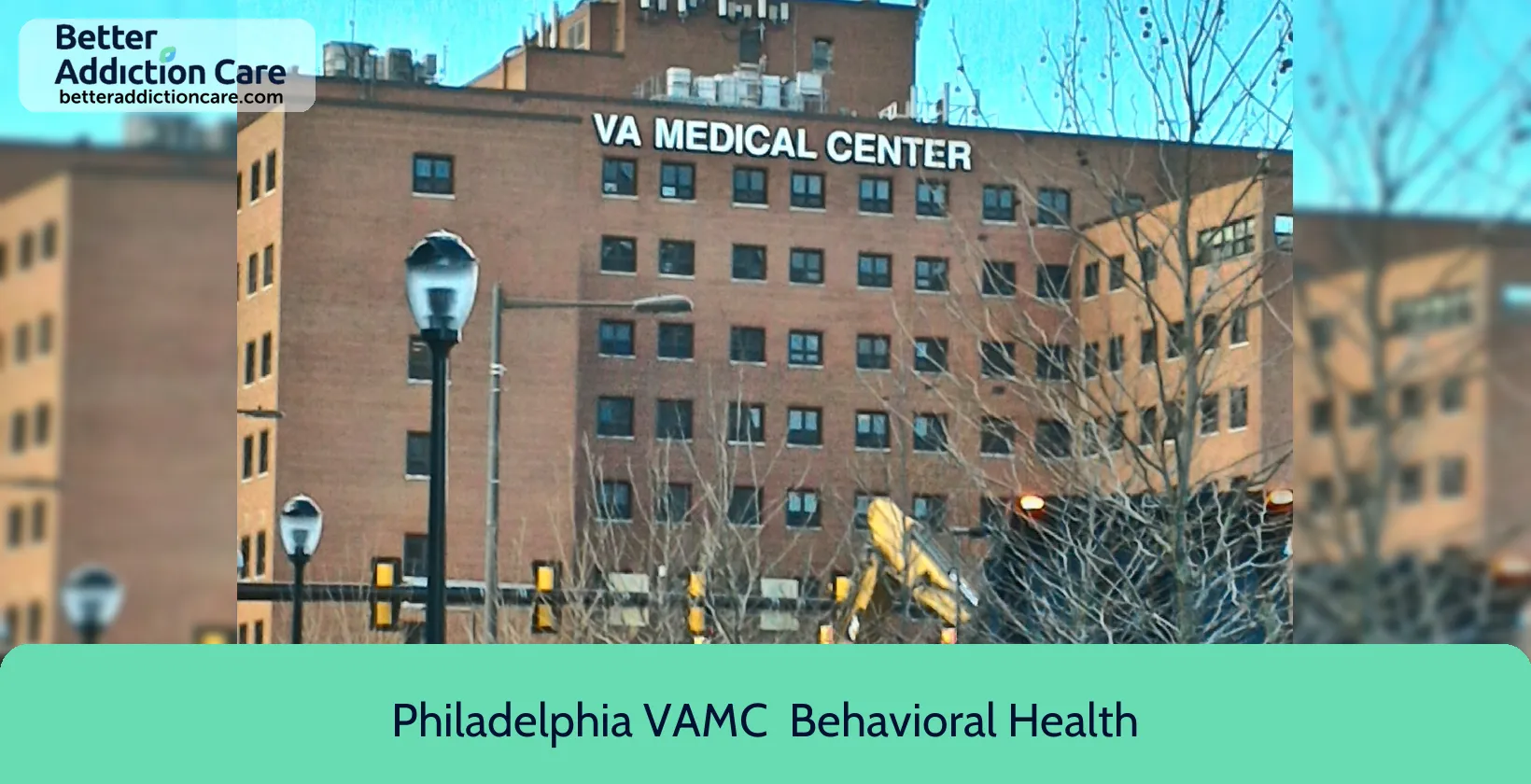
6.80
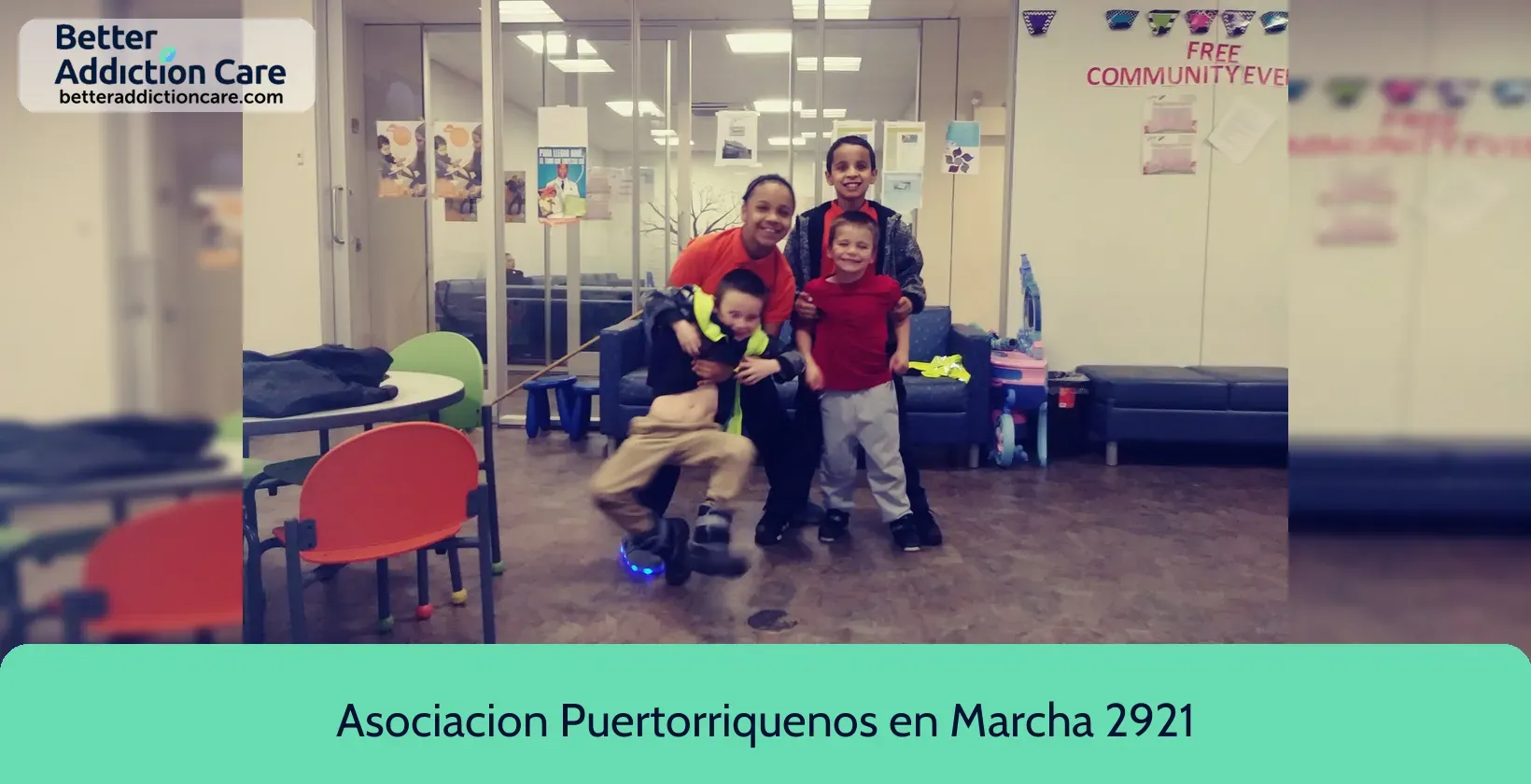
7.63

6.68
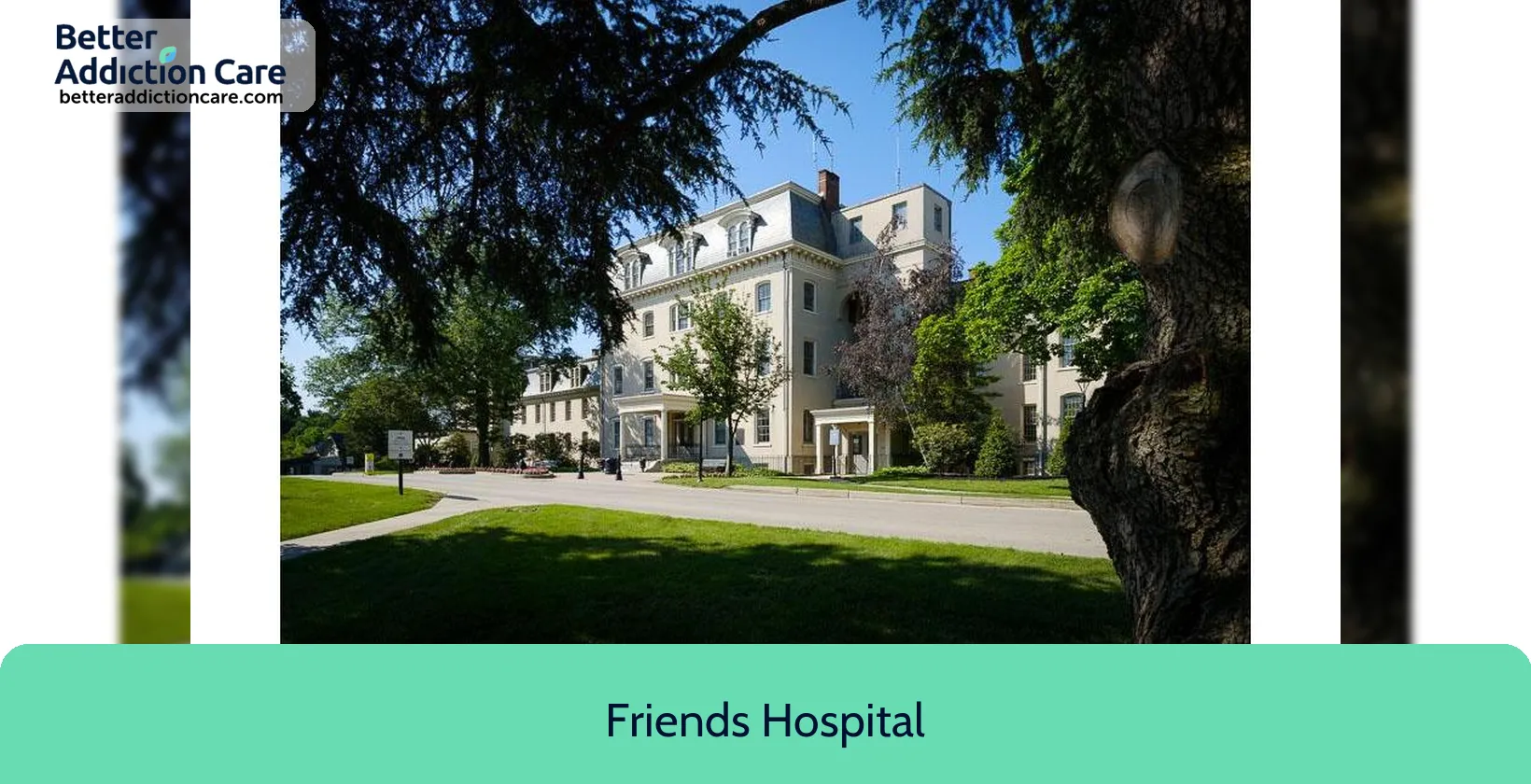
6.65
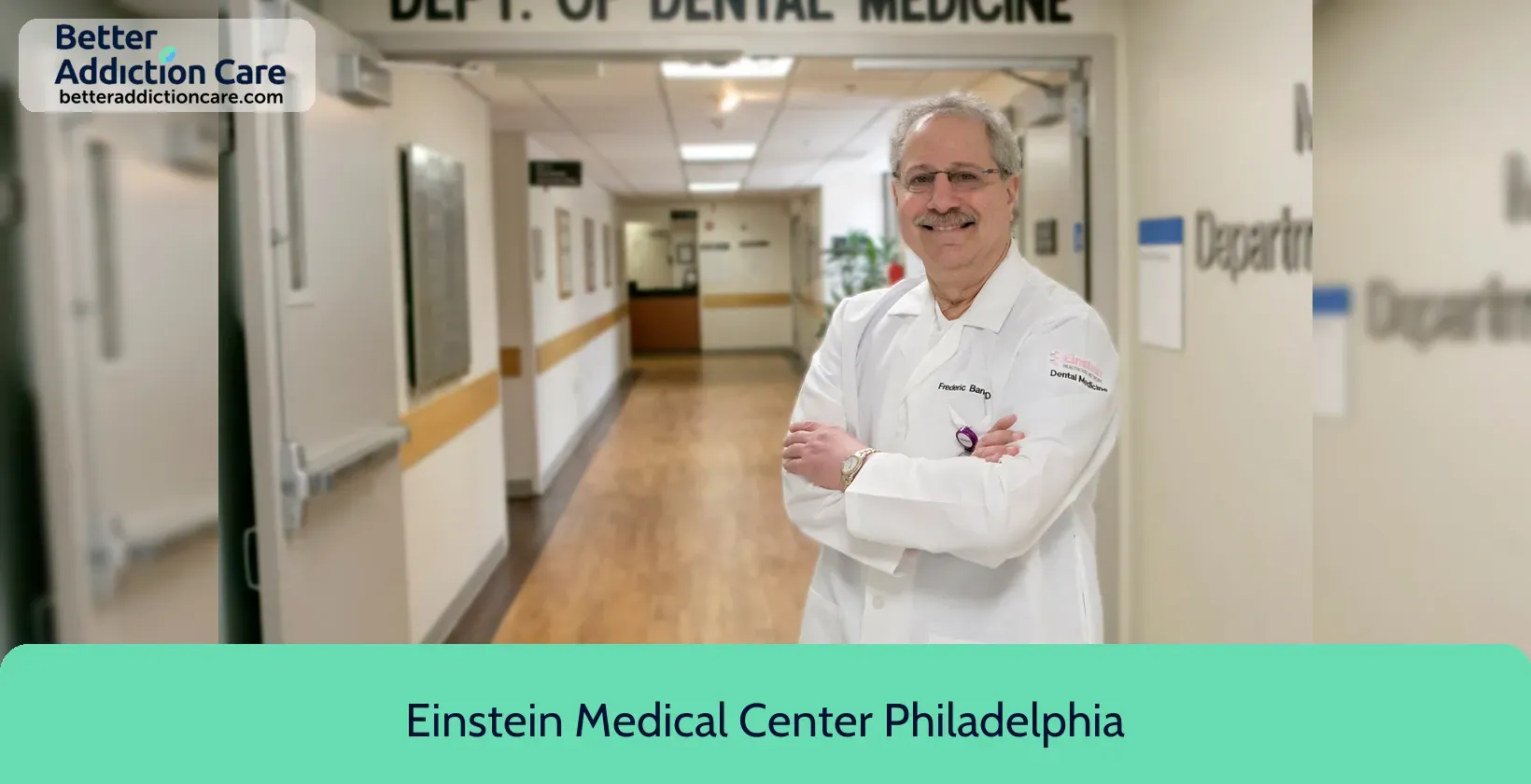
6.62
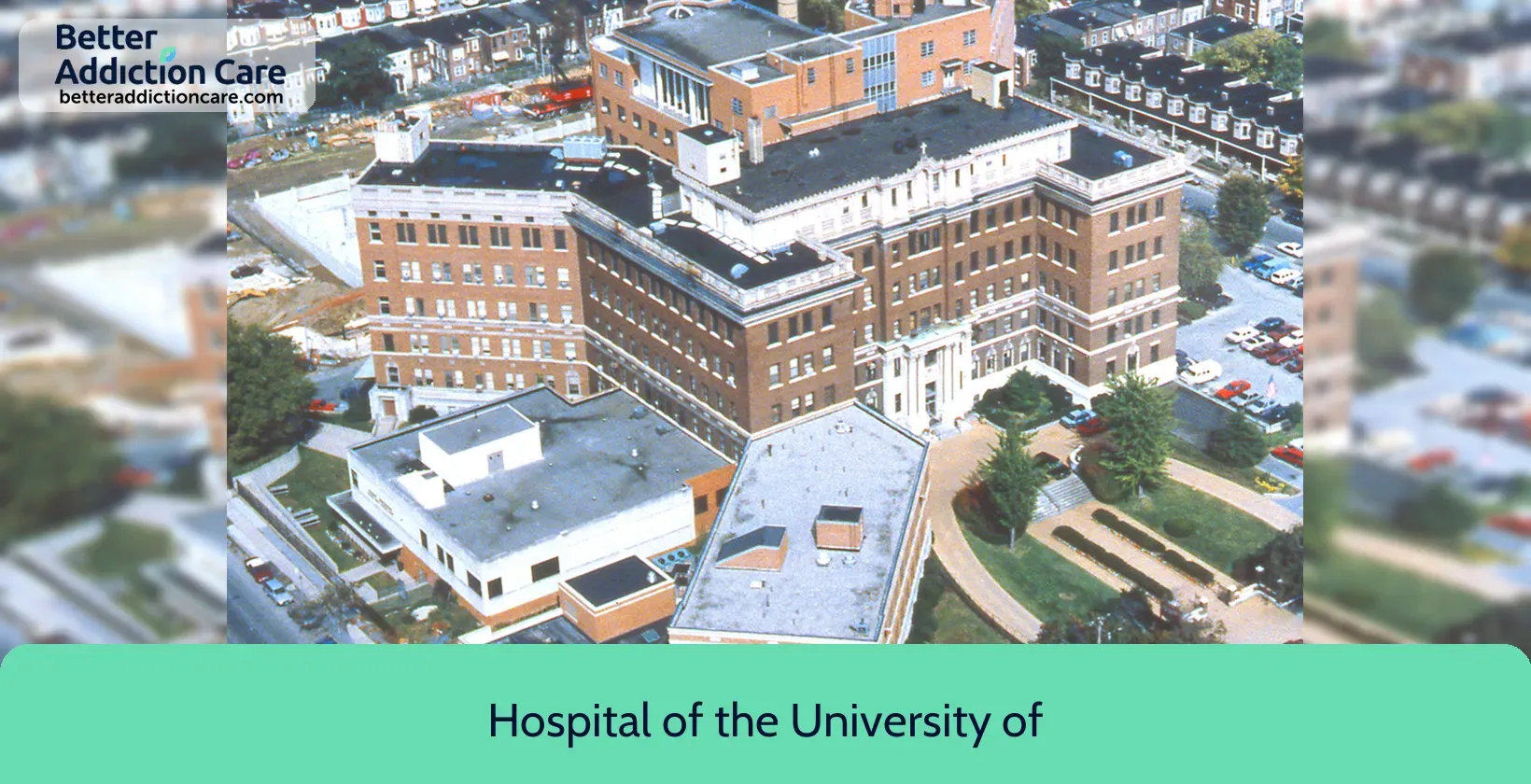
7.22
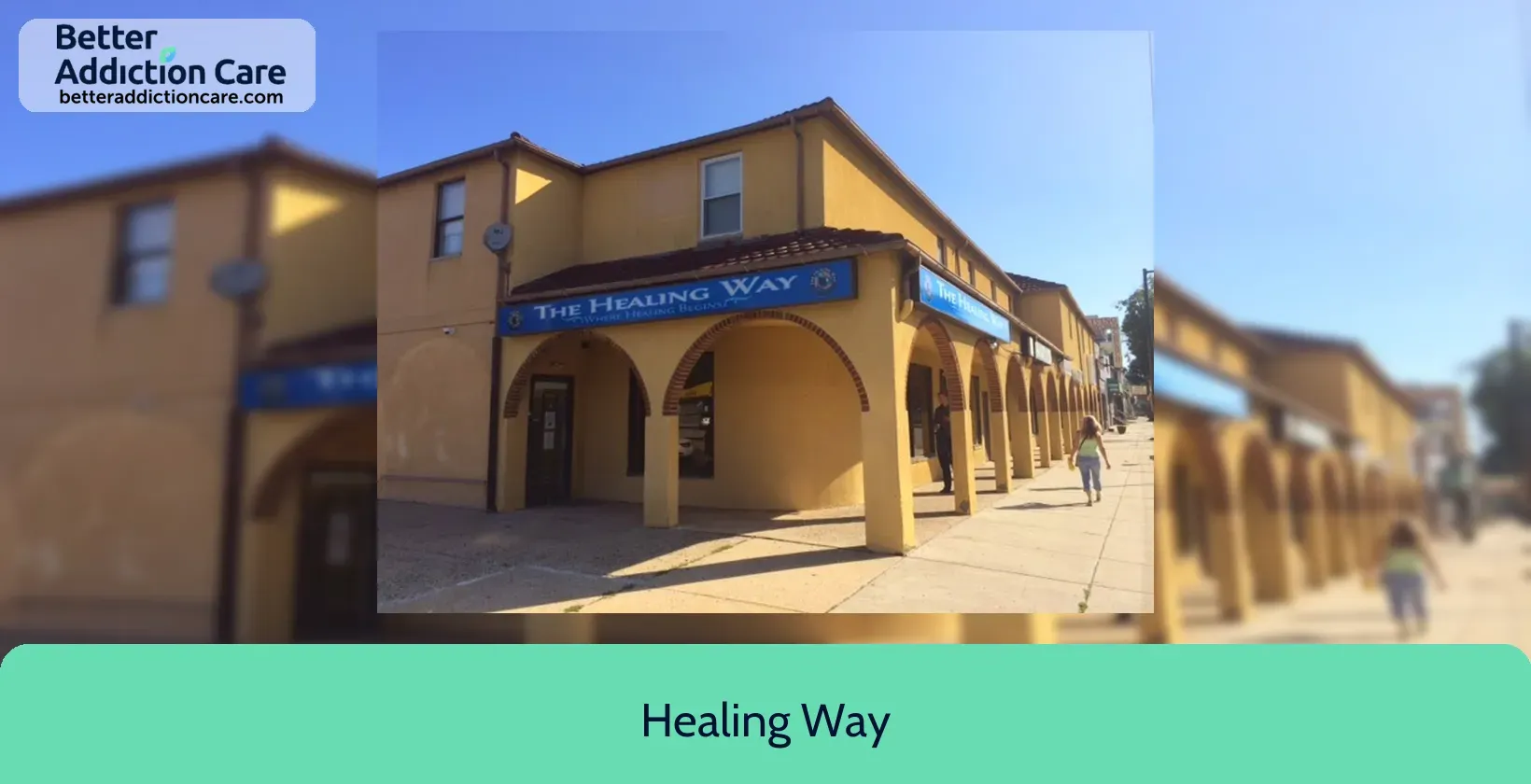
7.67

7.53
DISCLAIMER: The facility name, logo and brand are the property and registered trademarks of Greater Philadelphia Asian Social Services - GPASS SAFE, and are being used for identification and informational purposes only. Use of these names, logos and brands shall not imply endorsement. BetterAddictionCare.com is not affiliated with or sponsored by Greater Philadelphia Asian Social Services - GPASS SAFE.
